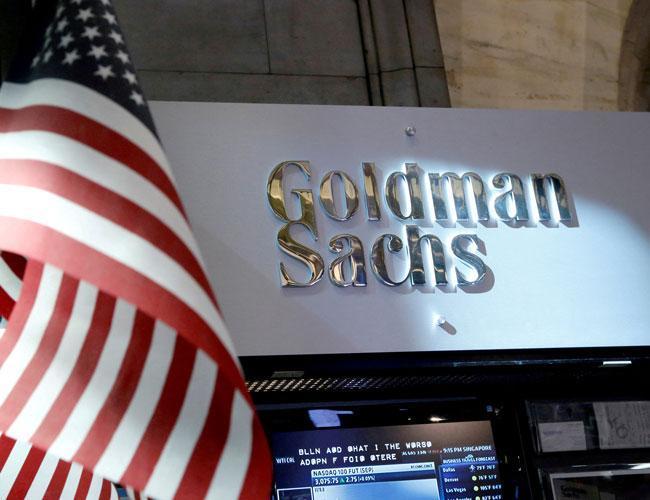
Bankers at Goldman Sachs Group Inc “cheated” Malaysia in dealings with state fund 1MDB, Prime Minister Mahathir Mohamad said, amid growing calls in the country for more aggressive steps to recoup fees earned by the bank.
The U.S. investment bank has been under scrutiny for its role in helping raise funds through bond offerings for 1Malaysia Development Bhd (1MDB), which is the subject of corruption and money-laundering investigations in at least six countries.
The U.S. Department of Justice has said about $4.5 billion was misappropriated from 1MDB, including some money that Goldman Sachs helped raise, by high-level officials of the fund and their associates from 2009 through 2014.
U.S. prosecutors filed criminal charges against two former Goldman Sachs bankers earlier this month. One of them, Tim Leissner, pleaded guilty to conspiracy to launder money and conspiracy to violate the Foreign Corrupt Practices Act.
“There is evidence that Goldman Sachs has done things that are wrong,” Mahathir said in an interview with U.S. news channel CNBC aired on Nov. 13.
“Obviously we have been cheated through the compliance by Goldman Sachs people,” he said, without specifying details.
The bank’s compliance controls “don’t work very well,” he added.
A Goldman Sachs spokesman in Hong Kong declined to comment on the interview.
Goldman Sachs’ share price fell to its lowest in nearly two years on Monday after Malaysia’s Minister of Finance Lim Guan Eng said his country would seek a “full refund” of the fees the bank earned from 1MDB deals. Goldman denied any wrongdoing.
Anwar Ibrahim, appointed successor to 93-year-old Mahathir, told parliament on Nov. 13 that the country needs to take “more aggressive measures” to reclaim the fees and losses “due to the effects on Malaysia’s image.”
The U.S. bank earned about $600 million in fees for its work with 1MDB, which included three bond offerings in 2012 and 2013 that raised $6.5 billion.
Speaking to reporters on Nov. 13, Lim repeated his stance that Malaysia wants to reclaim fees paid to Goldman Sachs, and added that the country will also seek consequential losses.
“The Malaysian government will want to reclaim all the fees paid, as well as all the losses including the interest rate differential,” Lim told reporters. He said the rate Malaysia paid was about 100 basis points higher than the market rate.
Critics have said the fees earned by Goldman Sachs was far in excess of the normal 1-2 percent fees a bank could expect for helping sell bonds.
Goldman has said the outsized fees related to additional risks: it bought the unrated bonds while it sought investors and, in the case of the 2013 bond deal which raised $2.7 billion, 1MDB wanted the funds quickly for planned investment.
Lim did not say how Malaysia would seek to recoup any money beyond that he will leave the matter to Malaysia’s attorney general.
Citing sources, Reuters reported in June that Malaysia was considering asking the U.S. Justice Department to get Goldman Sachs to return the fees it had earned from the 1MDB deals.
Malaysia’s government, elected to power only in May, is scrambling to bring back funds that were allegedly siphoned off from 1MDB - a fund founded by former premier Najib Razak.
The 1MDB scandal was a major reason for Najib’s shock election loss. Najib has since been charged with corruption as part of Malaysia’s investigation into 1MDB. He has pleaded not guilty and denied any wrongdoing.
Malaysian financier Low Taek Jho, described by U.S. and Malaysian authorities as central to the 1MDB scandal, was charged by U.S. prosecutors this month. He remains at large.